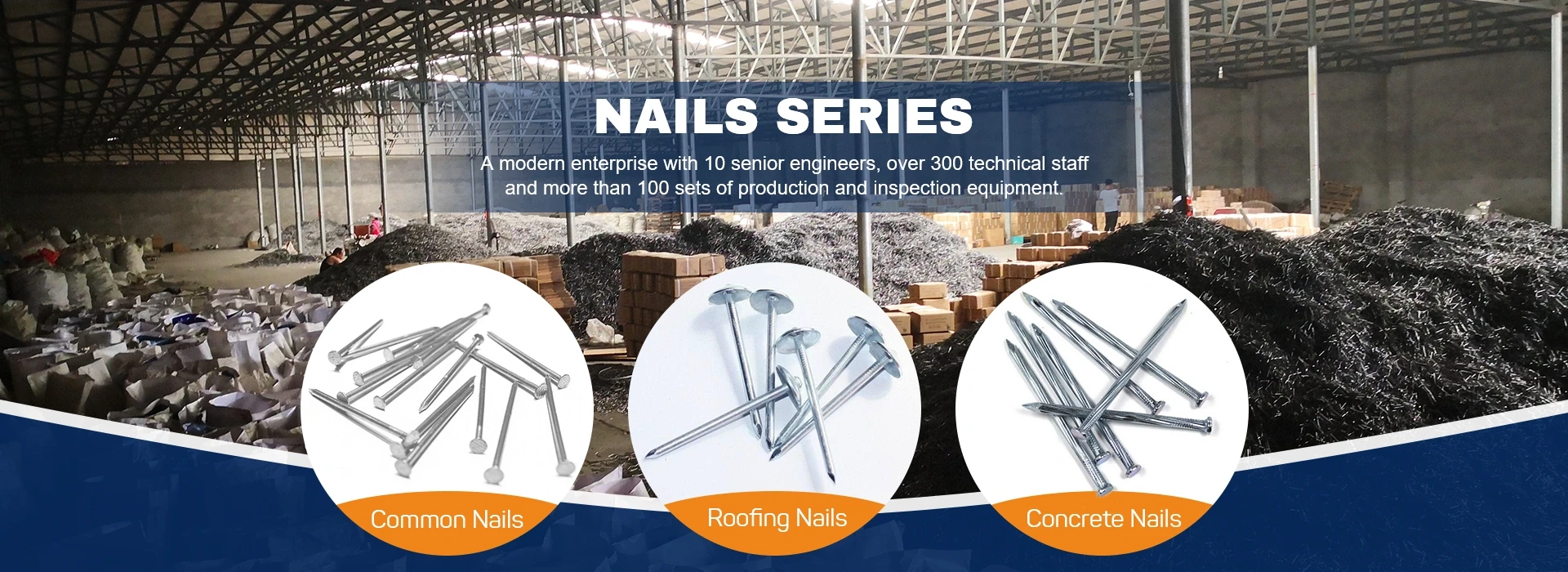Can I Use Drywall Screws Outside?
When tackling outdoor projects, whether it's building a deck, a shed, or installing exterior siding, the choice of fasteners becomes crucial to ensure durability and longevity. Among the myriad of options available, drywall screws might seem like an easy solution due to their availability and cost-effectiveness. However, before reaching for that box of drywall screws, it's essential to understand their suitability—or lack thereof—for outdoor use.
Understanding Drywall Screws
Drywall screws are specifically designed for attaching gypsum board (drywall) to wooden or metal studs. They are typically made of steel and coated with a corrosion-resistant finish, making them ideal for indoor use. They often feature a sharp point, coarse threads, and a bugle-shaped head, which makes them very effective for drywall applications. However, the very characteristics that make drywall screws ideal for indoor environments can be limiting when it comes to outdoor applications.
Limitations of Drywall Screws Outdoors
1. Corrosion One of the most significant concerns with using drywall screws outside is their susceptibility to corrosion. While some drywall screws are coated to resist rust, this coating is usually not designed to withstand the elements long-term. Exposure to moisture, humidity, and temperature fluctuations can lead to deterioration of the screw, resulting in structural failure. This is particularly critical in regions with harsh weather conditions.
2. Holding Power Drywall screws are not engineered to bear heavy loads or twisting forces that can occur in outdoor settings. Outdoor structures often experience wind, snow load, and other pressures that can cause drywall screws to loosen or break. In contrast, screws designed for outdoor use (like deck screws or lag screws) typically have superior holding power and tensile strength.
3. Material Composition The steel used in drywall screws is usually not the same grade as that used for exterior-grade screws. Exterior screws are often made of stainless steel, coated with polymers, or treated to resist moisture and rust. This quality difference can be crucial in ensuring the lifespan and structural integrity of your outdoor project.
4. Suitability for Different Materials Outdoor projects often involve a variety of materials—wood, composite decking, metal, and more. Drywall screws are mainly designed for fastening into drywall, which makes them less effective when used with other materials. Specialized screws that account for the material properties and expansion/contraction of outdoor structures will yield better results.
can i use drywall screws outside

When to Use Drywall Screws
While it is generally not advisable to use drywall screws for exterior applications, there may be limited scenarios where they could be appropriate—never as the primary fastening method. Using drywall screws for temporary outdoor projects, or for small, non-structural tasks (like attaching thin panels that won't bear weight), might be acceptable. However, it is critical to monitor these situations closely, as they are not recommended for long-term use.
Recommended Alternatives
Instead of drywall screws, consider using screws specifically designed for outdoor applications. Here are some alternatives
1. Deck Screws These screws are designed to withstand the outdoor elements, featuring a stronger construction and often a corrosion-resistant coating. They also typically have a sharp tip that allows for easier installation in wooden decking.
2. Stainless Steel Screws If you're working in a coastal area or somewhere with high humidity, opting for stainless steel screws will provide the best resistance against rust and corrosion.
3. Lag Screws For heavy-duty applications, lag screws are a robust choice. These are often used in framing and infrastructure projects where high loads are expected.
Conclusion
In summary, while drywall screws may appear to be a cost-effective and convenient option, they are not suitable for outdoor use due to their limitations in corrosion resistance, holding power, and material composition. For any outdoor project, investing in the right type of fastener—whether it be deck screws, stainless steel screws, or lag screws—is essential for ensuring the success and longevity of your structure. Always prioritize choosing the right tools for the job, as this will save time, effort, and costs in the long run.

















